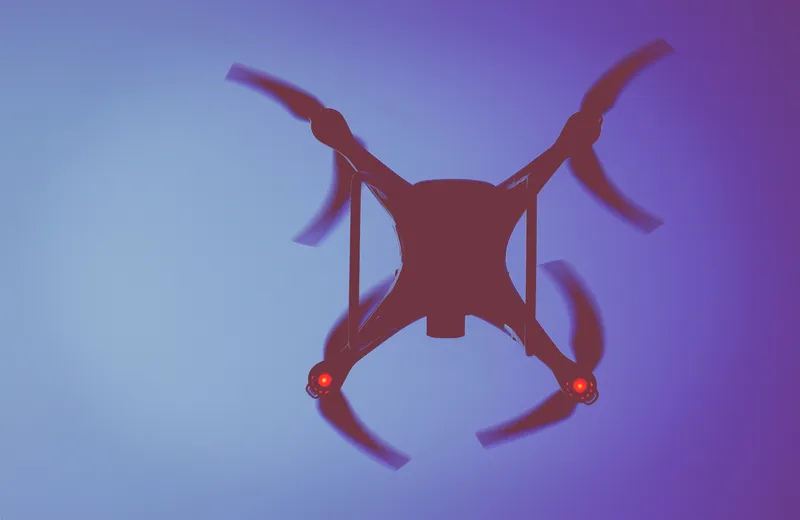Research firm
The latest IDTechEx research report, Range Extenders for Electric Vehicles Land, Water & Air 2017-2027, forecasts that over nine million hybrid cars will be made in 2027, each with a range extender, the additional power source that distinguishes them from pure electric cars. Add to that significant money spent on the same devices in buses, military vehicles, boats and so on and a major new market emerges. The report is about range extenders for all these purposes - their evolving technology and market size.
Whereas today's range extenders usually consist of little more than off the shelf internal combustion engines, these are rapidly being replaced by second generation range extenders consisting of piston engines designed from scratch for fairly constant load in series hybrids.
There are some wild cards like Wankel engines and rotary combustion engines or free piston engines both with integral electricity generation. However, a more radical departure is the third generation micro turbines and fuel cells that work at constant load. The report compares all these. It forecasts the lower power needed over the years given assistance from fast charging and energy harvesting innovations ahead. Every aspect of the new range extenders is covered.
This report profiles key developers, manufactures and integrators of range extenders for land, water and airborne electric vehicles. It gives ten year forecasts of the different types of electric vehicle and of range extenders by number, unit value and market value. Market drivers and the changing requirements for power output are analysed.
Over nine million hybrid cars will be made in 2027 - each with a range extender
Research firm IDTechEx believes we are in the decade of the hybrid electric vehicle, despite the fact that most off-road, electric two-wheelers and underwater vehicles are pure electric. Indeed, most electric aircraft are pure electric as well.
June 6, 2017
Read time: 2 mins









